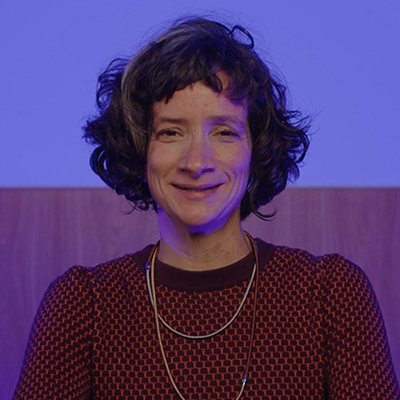UWE Bristol is an ambitious, progressive university based in one of the UK's most vibrant cities. The university is focused on solving future challenges through outstanding learning, world-leading research and a culture of enterprise. UWE Bristol encourages students to become original thinkers - set to break new boundaries and lead the way.


BA(Hons) Business (Team Entrepreneurship) at University of the West of England Bristol
On this ground-breaking BA(Hons) Business (Team Entrepreneurship) degree, you'll collaborate to identify opportunities, generate value and therefore become effective problems-solvers in real-world situations within a team. You'll graduate with rich business experience gained from the many opportunities provided by the course such as responding to challenges and working with business mentors.
Team entrepreneurship is an innovative degree course that allows you to develop practical skills by working in teams, creating value for organisations, forming ventures and ultimately learning how to manage yourselves to become effective problem-solvers. Inspired by the pioneering Finnish 'Team Academy' approach, UWE Bristol was among the first to introduce this course to the UK. By joining UWE Team Academy, you're also joining a university renowned for supporting student entrepreneurship. The University provides many opportunities to start and develop ideas for your own venture, including funding and access to space on campus to test out your ideas.
You'll also be studying in a city with a vibrant start-up scene, with organisations such as Engine Shed, Business West, NatWest Entrepreneur Accelerator, Launch Space and Future Space, which support businesses to start and grow. As a student (known as a 'Team Entrepreneur'), you'll work in a dedicated open plan space within the Bristol Business School building. You'll deliver and manage projects, build valuable contacts and networks, and set learning goals by working effectively as part of your team.
Ms Marion Gillet
Ms Marion Gillet is a Team Coach and Lecturer in BA(Hons) Business (Team Entrepreneurship). As a Team Coach, Marion helps teams to function beyond the sum of their parts. She believes the future is in teams and that as individuals we develop better by knowing how to operate in multiple teams. Marion uses systemic coaching, design thinking and mentoring to help entrepreneurs find their feet as they launch products, design their business and drive change. A qualified product designer, Marion spent more than 15 years helping designers and innovators to form project teams to turn big ideas into reality. She has led and delivered innovation programmes and training for Design Council, Craft Central, HiddenArt, Cockpit Art, Central Saint Martins College and supported 100 early stages ventures and start-ups. Marion lectures on the BA(Hons) Business (Team Entrepreneurship) course at UWE.







